11 TED Talks That Will Help You Lead A Happier Life
Harvard psychologist Dan Gilbert says we have a "psychological immune system."

Cognitive researcher Nancy Etcoff explains how humans are wired to live in harmony with others.
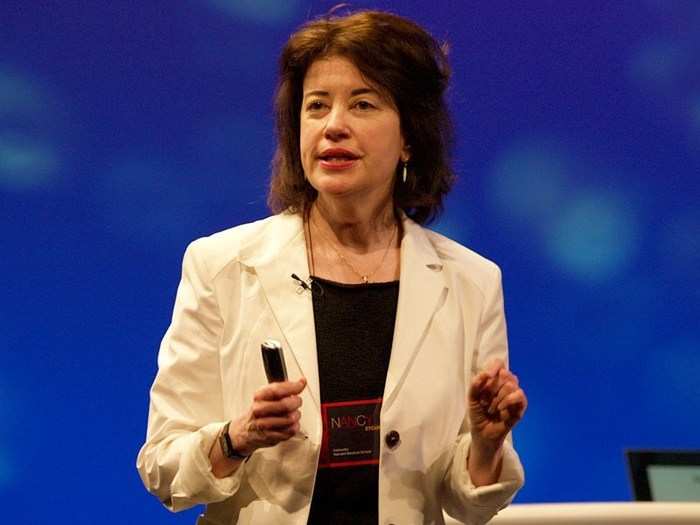
Etcoff goes through the interesting evolutionary history of human happiness in "Happiness and Its Surprises," and explains that focusing too intently on the self could be keeping us from a more satisfied life because it goes against our nature.
"Because when you think about it, people are happiest when in flow, when they're absorbed in something out in the world, when they're with other people, when they're active, engaged in sports, focusing on a loved one, learning, having sex, whatever. They're not sitting in front of the mirror trying to figure themselves out, or thinking about themselves," she says.
Watch here >>
Psychologist Mihaly Csikszentmihalyi describes what it's like to get into the zone.
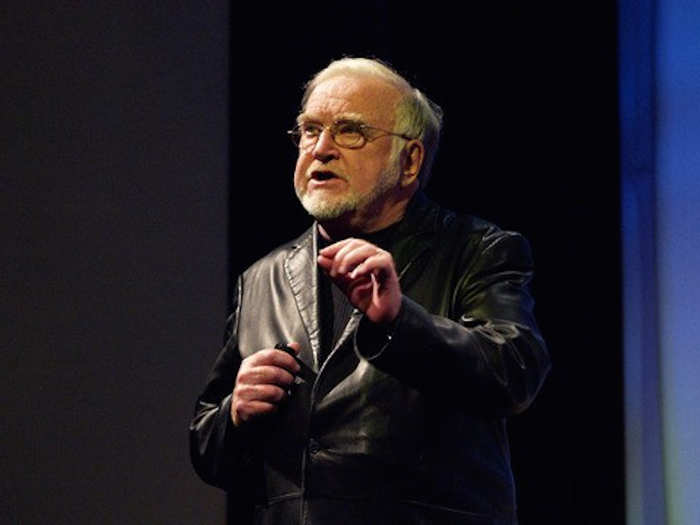
Csikszentmihalyi is renowned for his research on "flow," which is the state of intense focus some people call being in "the zone." He explains why he thinks it is the key to a fulfilled life in his talk, "Flow, the Secret to Happiness."
"There's this focus that, once it becomes intense, leads to a sense of ecstasy, a sense of clarity: you know exactly what you want to do from one moment to the other; you get immediate feedback. You know that what you need to do is possible to do, even though [it's] difficult, and sense of time disappears. You forget yourself; you feel part of something larger. And once the conditions are present, what you are doing becomes worth doing for its own sake," he says.
Watch here >>
Biochemist turned Buddhist monk Matthieu Ricard says that happiness is a habit.
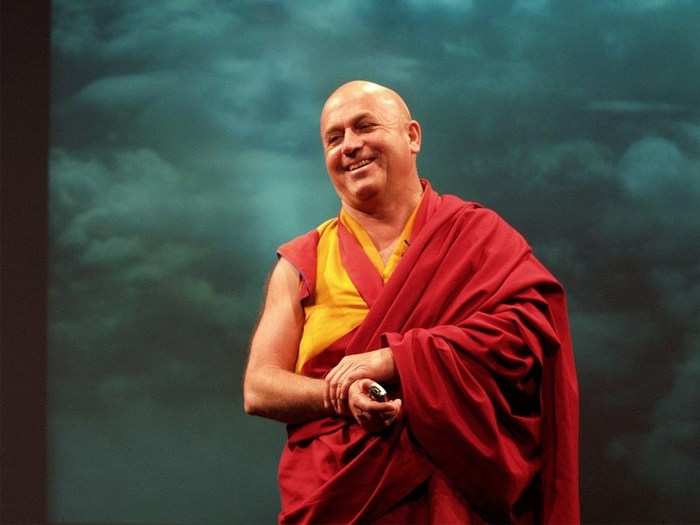
In "The Habits of Happiness," Ricard gives an entertaining overview of what he's learned about well-being from his Buddhist training. He reminds the audience that thinking positively or negatively is a decision, and one that we have considerable control over.
"[T]here are natural antidotes to emotions that are destructive to our inner well-being. So that's the way to proceed. Rejoicing compared to jealousy. A kind of sense of inner freedom as opposite to intense grasping and obsession," he says.
Watch here >>
Entrepreneur Tania Luna reminds us that most of our daily problems aren't worth the importance we give them.
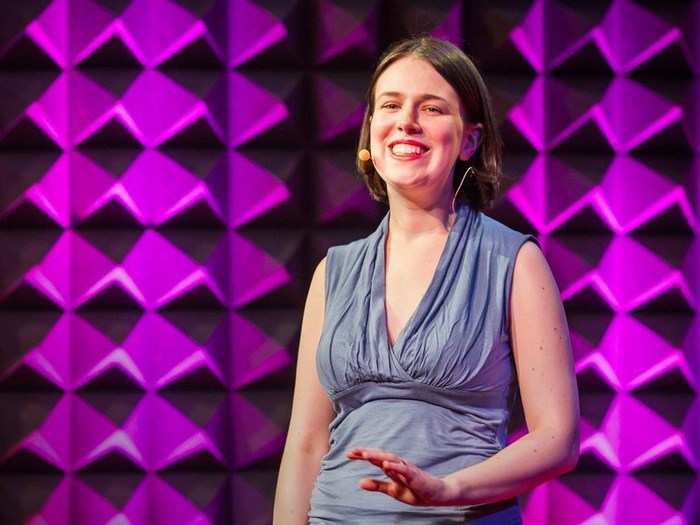
In "How a Penny Made Me Feel Like a Millionaire," Luna briefly describes surviving the Chernobyl disaster fallout with her family in Ukraine and achieving asylum in the U.S. She remembers simple joys from her difficult childhood whenever she gets caught up in difficulties as an adult.
She talks about going on a walk with her husband, who also overcame extreme poverty, and dog: "Sometimes Brian and I walk through the park with Scarlett, and she rolls through the grass, and we just look at her and then we look at each other and we feel gratitude. We forget about all of our new middle-class frustrations and disappointments, and we feel like millionaires."
Watch here >>
Harvard Business School professor Michael Norton explains why we're happiest when we help others.
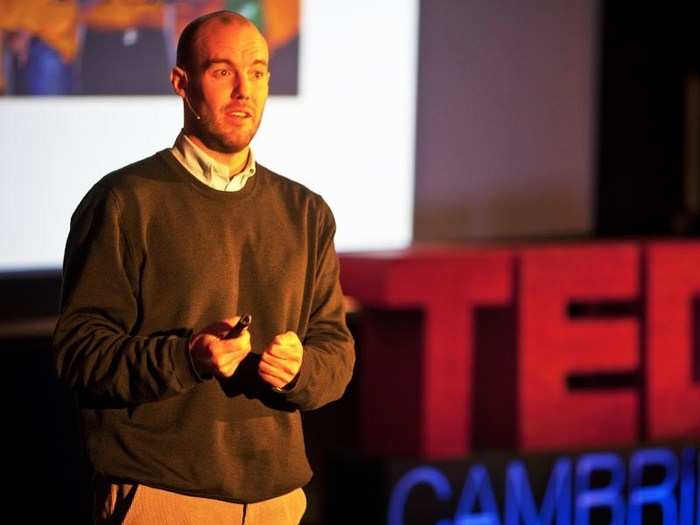
In "How to Buy Happiness," Norton breaks down an extensive study he participated in that shows that there's considerable evidence that people who regularly donate to charity are happier than those who don't, regardless of income or nationality.
"If you think money can't buy happiness, you're not spending it right," he says.
Watch here >>
Benedictine monk David Steindl-Rast says that all happiness comes from being grateful.
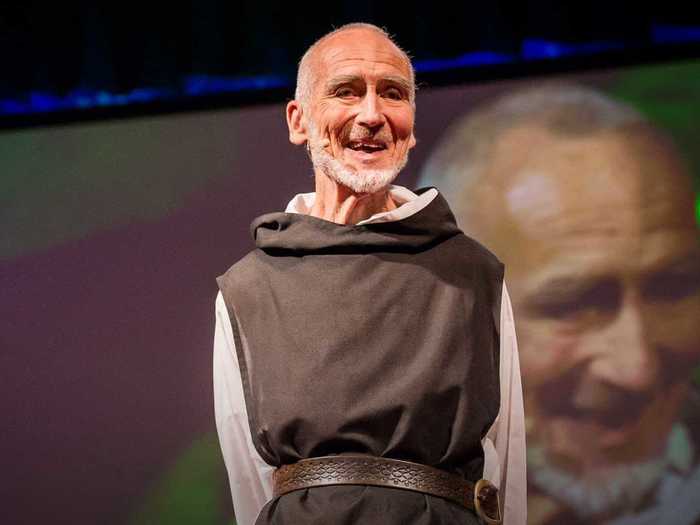
Steindl-Rast says we must learn to accept obstacles through patience and appreciation of the opportunities life gives us in his talk "Want to Be Happy? Be Grateful."
"And how can we live gratefully? By experiencing, by becoming aware that every moment is a given moment, as we say. It's a gift. You haven't earned it. You haven't brought it about in any way. You have no way of assuring that there will be another moment given to you, and yet, that's the most valuable thing that can ever be given to us, this moment, with all the opportunity that it contains," he says.
Watch here >>
Entrepreneur Ron Gutman reveals how a smile can be much more than just a polite gesture.
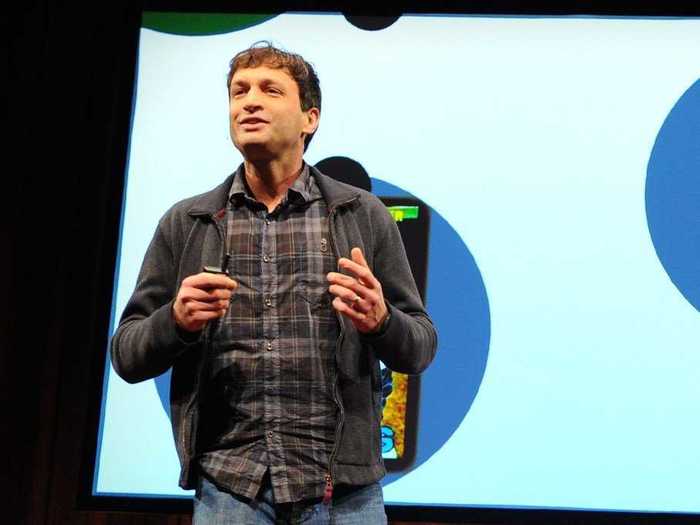
In "The Hidden Power of Smiling," Gutman gives his audience an overview of the past few decades of smile research, which has found that the human brain evolved to feel pleasure from smiling, and that the brain tends to prompt mimicking the smiles of others. Smiling makes us likable, and it makes us healthy.
"Smiling can help reduce the level of stress-enhancing hormones like cortisol, adrenaline, and dopamine, increase the level of mood-enhancing hormones like endorphin, and reduce overall blood pressure," he says.
Watch here >>
Nobel laureate Daniel Kahneman explains the distinction between happiness and well-being.
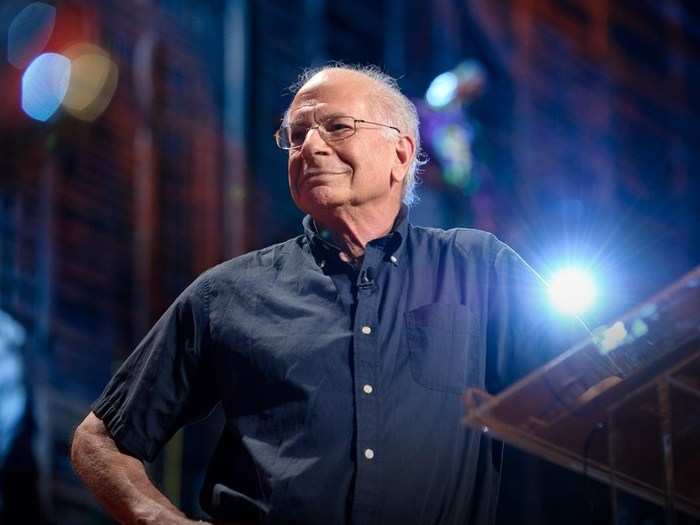
Kahneman uses "The Riddle of Experience vs. Memory" to explain that we can think of ourselves as the synthesis of two parts: the experiencing self, which lives in the present, and the remembering self, which lives in stories we tell ourselves based on memories. Our well-being, he says, is based on how pleasant our experiences are, and our happiness is based on the stories we ascribe to these experiences.
For example, he's found that a change in climate doesn't really affect people's daily experiences, but their manufactured perception of it can affect their happiness. If someone from Ohio moves to California, he says, "Well, their experiencing self is not going to get happier. We know that. But one thing will happen: They will think they are happier, because, when they think about it, they'll be reminded of how horrible the weather was in Ohio, and they will feel they made the right decision."
Watch here >>
University of Houston professor Brené Brown says that we need to learn to become comfortable opening ourselves up.
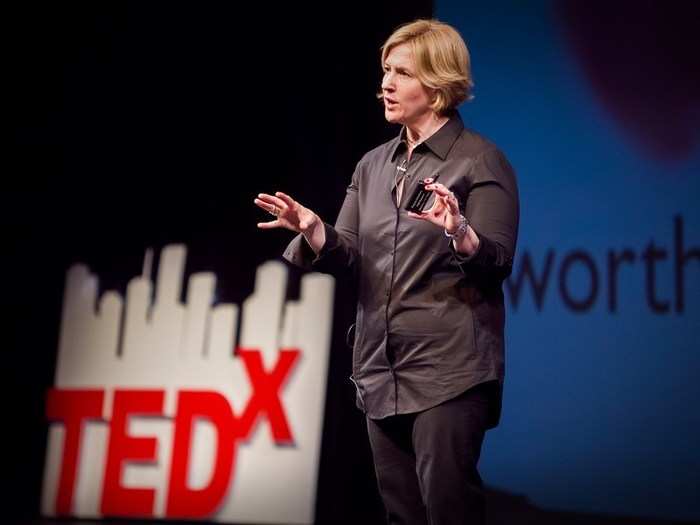
On her path to getting her doctorate in social work, Brown studied vulnerability and its effect on people's lives, she explains in "The Power of Vulnerability." She was surprised to find that some of the happiest people she studied were the most vulnerable, in the sense that they were comfortable with their weaknesses and with sharing thoughts that most people try to suppress.
"They fully embraced vulnerability. They believed that what made them vulnerable made them beautiful... They talked about the willingness to say, "I love you" first, the willingness to do something where there are no guarantees, the willingness to breathe through waiting for the doctor to call after your mammogram. They're willing to invest in a relationship that may or may not work out. They thought this was fundamental," she says.
Watch here >>
Psychologist Shawn Achor says we're more productive when we're happy.
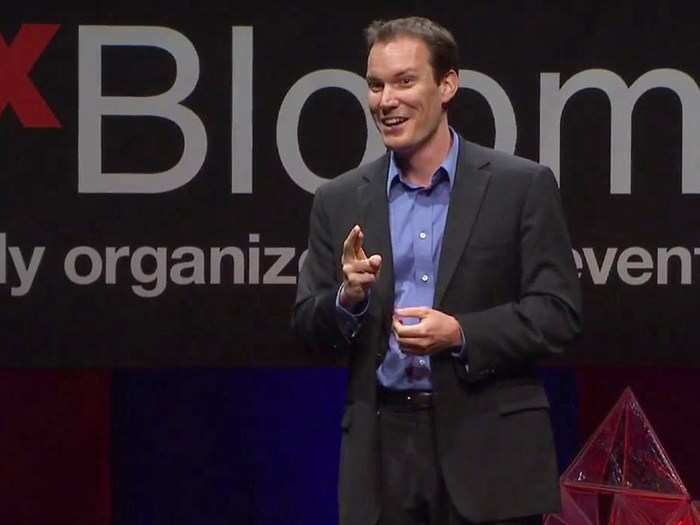
In "The Happy Secret to Better Work," Achor explains research that shows that people with a positive outlook on their career are 30% more productive than those who are ambivalent, negative, or stressed.
"If we can find a way of becoming positive in the present, then our brains work even more successfully as we're able to work harder, faster, and more intelligently... Because dopamine, which floods into your system when you're positive, has two functions. Not only does it make you happier, it turns on all of the learning centers in your brain, allowing you to adapt to the world in a different way," he says.
Watch here >>
And if you need a quick boost of inspiration...
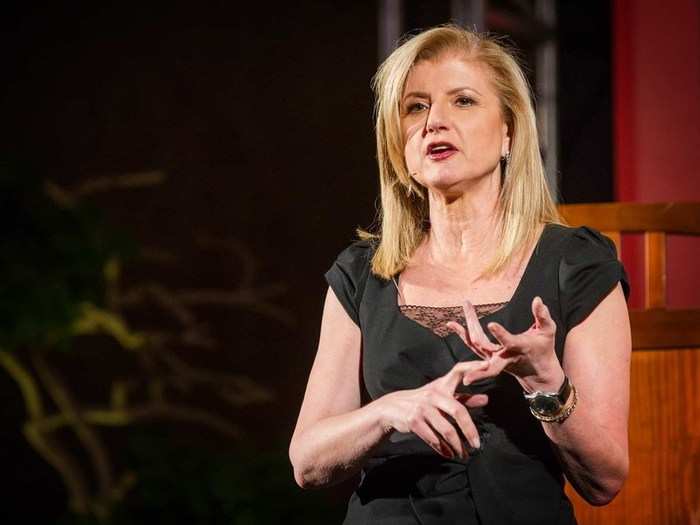
Popular Right Now
Popular Keywords
Advertisement